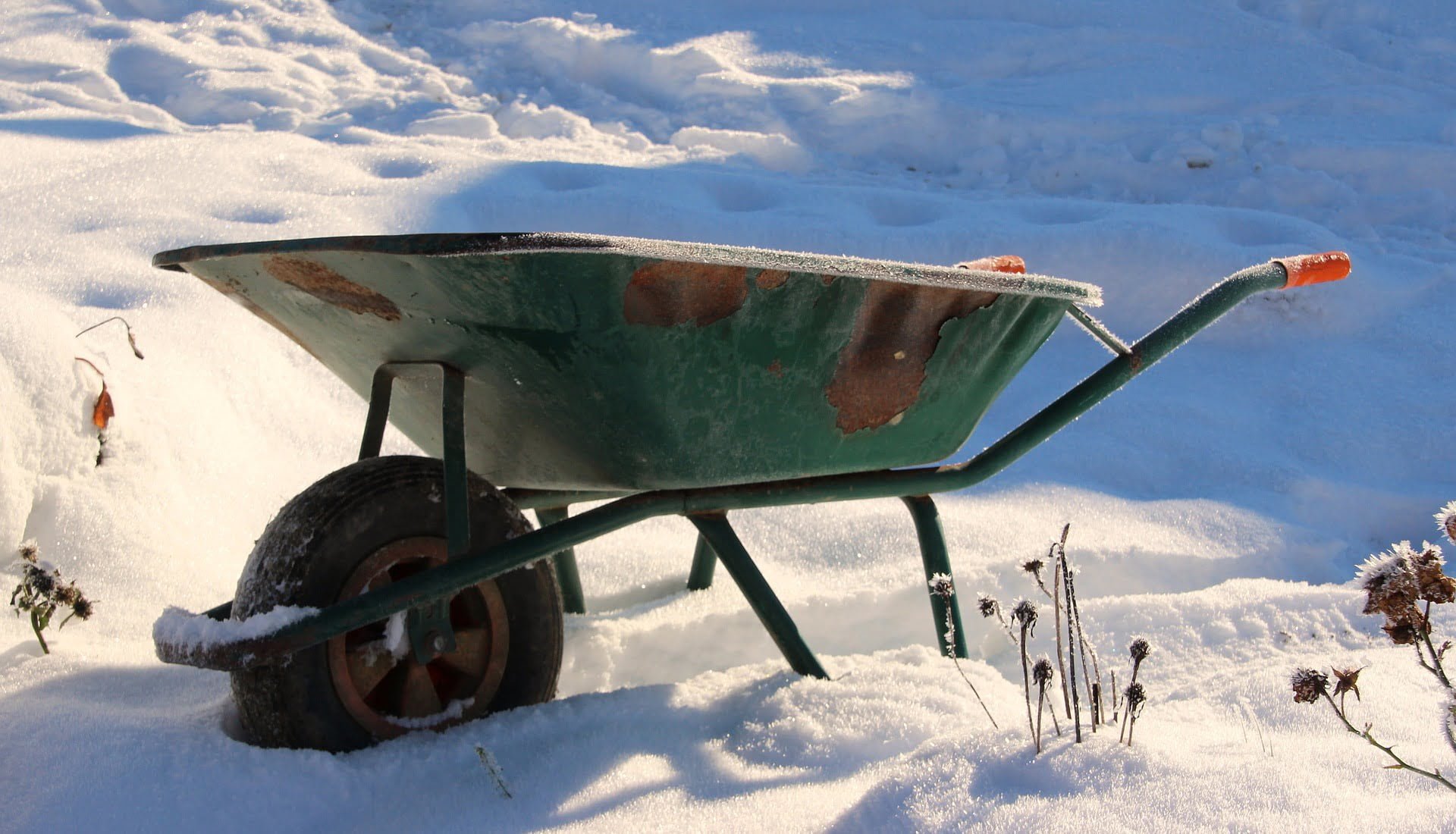Are pesky dandelions taking over your lawn or garden? Don’t let them win the battle for your outdoor space. You deserve a beautiful, weed-free landscape that you can enjoy all year round.
That’s why we’ve researched and compiled a guide to the top 5 dandelion killers that will help you say goodbye to those stubborn weeds once and for all. We know how frustrating it can be to spend hours on your lawn or garden, only to see it overrun with pesky dandelions.
But fear not, because we’ve considered all factors when reviewing these products, including natural vs. chemical formulations, selective or non-selective, and different applicator styles. Whether you prefer a synthetic or natural solution, we’ve got you covered.
So read on to find the best dandelion killer for your needs and bid farewell to those unwanted weeds, giving you the peace of mind and safety you deserve.
Quick Takeaways
- When buying dandelion killer, consider the type, applicator style, ingredients, and whether it is selective or non-selective.
- The top 5 dandelion killers reviewed are Spectracide Weed Stop For Lawns Concentrate, EcoSMART Weed and Grass Killer, Preen Natural Weed Preventer, Roundup Ready-To-Use Weed and Grass Killer III, and Scotts Turf Builder Weed and Feed 3, each with their own pros and cons.
- Dandelions are a stubborn perennial plant that can spread quickly if not killed at the root, and pre-emergent and post-emergent herbicides have different uses.
- Natural dandelion killers, such as corn gluten meal and horticultural vinegar, are safe for children, pets, and the environment, while chemical dandelion killers should not be used on or near edible garden plants.
Types of Dandelion Killers
Now let’s talk about the different types of dandelion killers available to you. There are two main types: pre-emergent and post-emergent.
Pre-emergent herbicides prevent dandelions from growing by stopping them from germinating. These are best used in the spring and fall when the seeds are likely to germinate.
Post-emergent herbicides are used to kill dandelions that have already grown. These are best used when the dandelions are visible above the ground.
When it comes to application methods, there are two types: liquid and granular.
Liquid dandelion killers are applied using a sprayer, while granular ones are applied using a spreader. Liquid dandelion killers work faster, but can be more difficult to apply evenly.
Granular dandelion killers are easier to apply, but can take longer to work. When comparing effectiveness, both liquid and granular dandelion killers can be effective if used correctly. It’s important to read the label and follow the instructions carefully to ensure the best results.
Can Bitter Lettuce Be Used as a Natural Dandelion Killer?
Can bitter lettuce be used as a natural dandelion killer? Bitter lettuce, also known as lactuca virosa, contains a milky sap that is said to be effective in eliminating dandelions. However, it is important to note that bitter lettuce essential information regarding its potency and application is limited. Further research and expert advice are recommended before using bitter lettuce as a natural dandelion killer.
Factors to Consider
When choosing a dandelion killer for your lawn or garden, there are several factors to consider. First, consider the application style. Some dandelion killers come in a concentrate that needs to be mixed with water and applied with a sprayer, while others come in a ready-to-use formula that can be sprayed directly onto the weeds.
Second, consider whether the dandelion killer is selective or non-selective. Selective formulas will only kill the weeds and leave the surrounding grass or other plants unharmed, while non-selective formulas will kill any plant they come into contact with.
Finally, consider the ingredients in the dandelion killer. Some people prefer natural options, such as corn gluten meal or horticultural vinegar, while others prefer synthetic formulas. Keep in mind that synthetic formulas can be harmful to local insects like bees and can pollute groundwater and soil in high doses.
By considering these factors, you can choose the best dandelion killer for your needs and keep your lawn and garden free of pesky weeds.
Natural vs Chemical Formulations
Consider whether you prefer a natural or chemical formulation for your chosen weed killer. Natural dandelion killers like corn gluten meal and horticultural vinegar are environmentally friendly and safer to use around children and pets. However, they may not be as effective as chemical formulations in killing the entire root system of the dandelion.
Chemical formulations like Spectracide Weed Stop For Lawns Concentrate have been designed to kill weeds quickly and effectively. However, they may contain harmful chemicals that can pollute the environment and harm insects like bees.
Before choosing a dandelion killer, weigh the pros and cons of each type of formulation. If safety is a top priority, natural dandelion killers may be the best option for you. However, if you want to ensure maximum effectiveness in killing weeds, chemical formulations may be more appropriate.
Regardless of your preference, always read the label and follow the instructions carefully to ensure both effectiveness and safety.
Frequently Asked Questions
Can dandelion killers be used on other types of weeds besides dandelions?
Organic alternatives for weed control can be effective on a variety of weeds besides dandelions. However, it’s important to identify the type of weed before selecting the appropriate treatment. Chemical dandelion killers should not be used on or near edible garden plants.
How long does it take for dandelion killers to take effect?
Dandelion killers vary in effectiveness timeline, but typically take a few days to a week to show results. Optimal application depends on the specific product. Follow safety precautions and instructions carefully to ensure best results and safety for yourself and the environment.
Are there any safety precautions that should be taken when using chemical dandelion killers?
Before using chemical dandelion killers, take precautionary measures to ensure chemical safety. Wear protective clothing, gloves, and avoid applying near edible plants. Chemical compounds can pollute groundwater and soil, harming local insects like bees.
Can natural dandelion killers be just as effective as chemical ones?
Natural dandelion killers can be just as effective as chemical ones. They have less of an environmental impact and are safe for children and pets. Chemical compounds in weed killers can pollute groundwater and soil in high doses.
Is it necessary to reapply dandelion killer regularly to prevent new growth?
To prevent new growth, reapply dandelion killer as directed on the product label. Effectiveness duration varies by formula, so check before purchasing. Alternative solutions include hand-pulling or using natural killers like corn gluten meal or horticultural vinegar.









